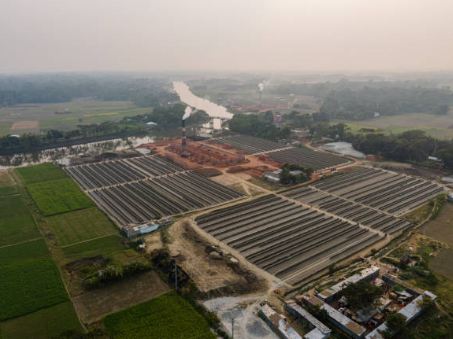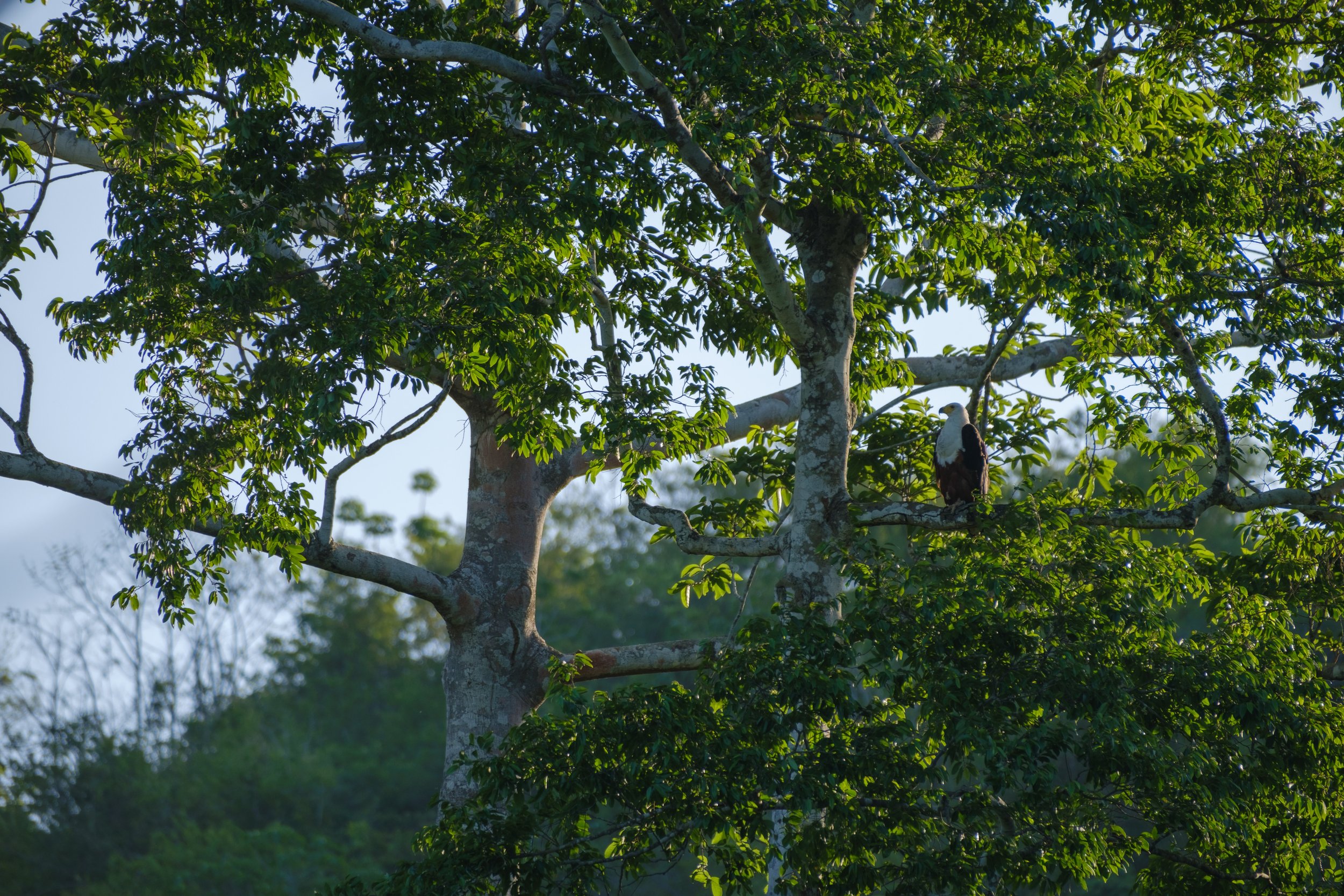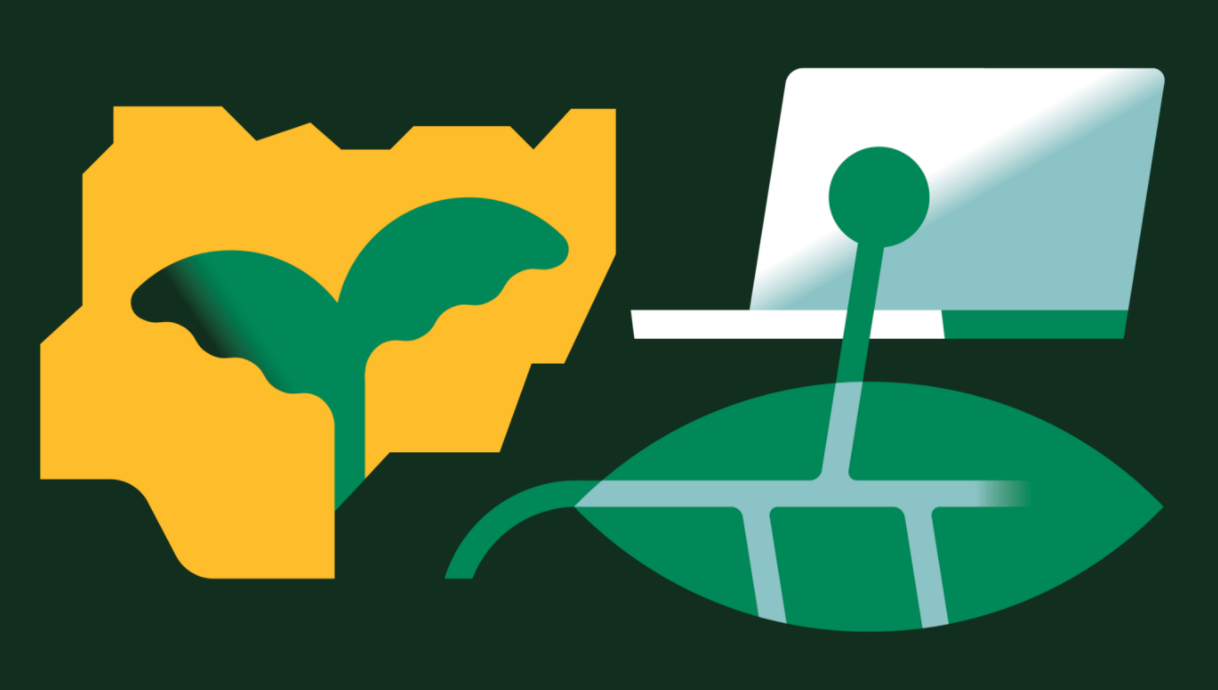Evidence for accountability: remote sensing to prevent the environment from harms

THE QUESTION
Can we use technologies to detect environmentally damaging activities and help hold governments accountable?

LOCATION: Bangladesh
SECTOR: Climate and Environment
TECH: AI, Big Data, Internet of Things
TIMELINE: September 2024 - Present
PIONEER: Issam Mosaddeq
PARTNERS: TBC
The Challenge
Bangladesh currently ranks as the world’s most air-polluted country, with air quality 16 times higher than WHO guidelines. In 2021 alone, air pollution caused an estimated 235,000 deaths.
Reasons for this problem include illegal brick kilns, deforestation, and river encroachment, all driven by unchecked human activity. Although the Bangladeshi government aims to reduce pollution and protect the environment, weak governance and limited capacity make it difficult to enforce laws or detect violations. Data on air pollution and other harmful activities is scarce, with existing sensors located only in the capital, Dhaka.
The Idea
This pilot will test a combination of remote sensing and machine learning technologies to identify environmentally damaging activities. Satellites and drones will monitor land use, air quality, and environmental changes, providing accurate, real-time data. At the same time, AI will analyse the data to detect patterns and pinpoint illegal activities, enabling authorities to act swiftly.
The project will also address the lack of publicly accessible environmental data by creating an open data platform. This platform will:
Allow civil society organisations and citizens to monitor environmental violations.
Empower communities to pressure policymakers and hold governments accountable.
Enable evidence-based prosecution of those breaking environmental laws.
By making this data accessible and actionable, the pilot aims to strengthen governance, reduce environmental harm, and improve public health in Bangladesh.
Our learnings and stories so far
This pilot hasn’t started to publish yet, but there are plenty of other blogs to read below. Check back soon!
Storing renewable energy for longer, without mined metals. One of our nine Underhyped Frontier Technologies for Development.
Our AI Legal Assistant pilot aims to incorporate AI as a tool to enhance the Malawian judicial process, reducing case backlog. Read on for the pilot team’s findings from the discovery phase.
Read the findings from the final sprint of the MyDemokrasi pilot, and how the team plans to take the platform forward to advance digital political engagement in Malaysia.
In this edition of our Launchpad series, Grace outlines our adaptive learning approach to evidence generation, and why it is a core part of the FT Hub’s learning methodology.
Detecting risks using durable, reusable sensors where traditional biosensors fail. One of our nine Underhyped Frontier Technologies for Development.
Powering off-grid communities with sustainable biogas and electricity. One of our nine Underhyped Frontier Technologies for Development.
Capturing and reusing heat for cleaner energy and resilient power. One of our nine Underhyped Frontier Technologies for Development.
Self-powered devices that capture energy from their surroundings. One of our nine Underhyped Frontier Technologies for Development.
Scalable, real-time monitoring for conservation and climate resilience. One of our nine Underhyped Frontier Technologies for Development.
Monitoring, predicting, and optimising water cycles supply and quality. One of our nine Underhyped Frontier Technologies for Development.
Cultivating algae at scale in an enclosed system for clean energy and carbon capture. One of our nine Underhyped Frontier Technologies for Development.
The climate data divide is a major barrier to adaptation in the Global South. We're exploring how climate intelligence could turn adaptation from a cost into an investment opportunity.
In session five of our Launchpad series: Ready to Launch, Frontier Tech Stories Lead Lil digs into the relationship between stories and narratives, and how to understand their connection with each pilot project.
Explore related pilots
Curious about how frontier technologies are providing much-need climate and environment support? Click below to explore our other pilots in this sector. 👇🏽
Can bamboo and straw offer a sustainable, affordable solution for housing in regions most affected by rising temperatures?
Can we use technologies to detect environmentally damaging activities and help hold governments accountable?
Can technology accurately measure the carbon storage impact of regeneration efforts in the Sahel and link to global carbon markets?
Can drone-based remote sensing successfully track reforestation programs in Sierra Leone and therefore increase climate investments?
Can blockchain technology increase land-based climate investments in Ghana?
Can spatial and remote sensing technology quantify the potential greenhouse gas offset of green roofs in Southern Africa?
Can AI successfully analyse satellite images of forest cover and provide a more accurate calculation of carbon levels in Tanzanian forests?
Can geospatial data on climate change scenarios adequately inform community planning on activities that aim to support the local environment?
Can satellite imagery and GPS technology monitor the growth of trees on smallholder farms in Uganda whilst utilising a mobile application to enable farmers to sell carbon credits on the international market?
Can collecting air pollution data using IoT and sharing it with the world, influence stakeholders to improve air quality and encourage citizens to change behaviours?
The Frontier Tech Hub works with UK Foreign, Commonwealth and Development Office (FCDO) staff and global partners to understand the potential for innovative tech in the development context, and then test and scale their ideas.

























Restoring land and water health with nature-based techniques. One of our nine Underhyped Frontier Technologies for Development.